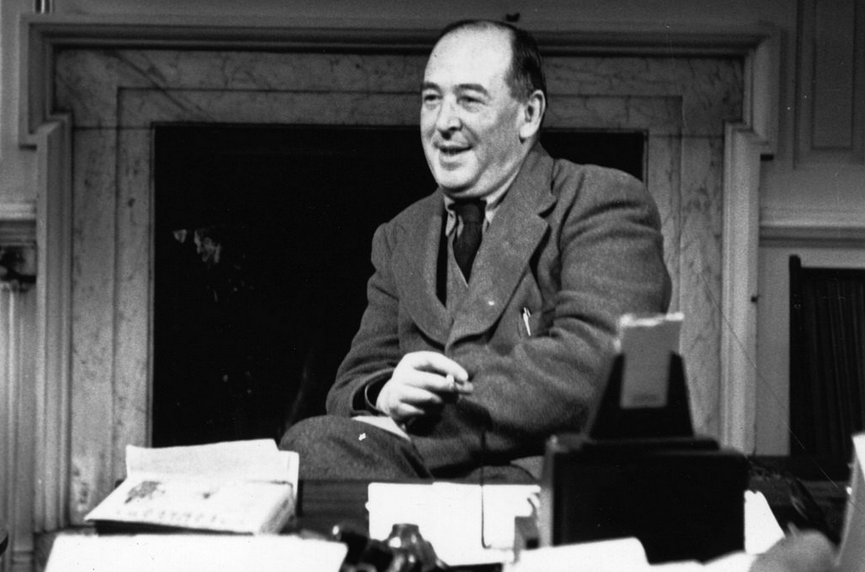Dr. Scott Masson’s second lecture on The Abolition of Man by C.S. Lewis. If you’re interested in diving deeper into C.S. Lewis’ books, beyond Narnia, this is your chance, with this lecture series about another of Lewis’ books.
The conclusion of C.S. Lewis’s The Abolition of Man deals with the consequences of educating ‘men without chests’, a fatal and characteristic flaw of modern education, and denying the validity of what in Chapter 2 he calls the ‘Tao’. I mention that this is effectively denying the validity of Romans 1&2.
But it is in Chapter 3, the subject of this lecture, that he deals with the consequences of this denial of our moral nature. It isn’t a victory over human nature, it is a transferal of power to the scientific ‘conditioners’ who do their experiments on others without the moral taboos understood from time immemorial.
Lewis clearly had in sight the eugenics movement that was so popular among the scientific elite of his day. Lewis’s concerns were not fundamentally alleviated but to some degree ameliorated by the Nuremberg Code established after WWII to safeguard against the very worst transgressions of human experimentation.
The Nuremberg Code’s ethical principle of ‘informed consent’ became the standard for all practitioners undertaking research on humans from the time it was written until COVID-19. Lewis’s warning about the consequences of an education of men without chests, which itself went unheeded, has thus given way to the same sort of abuse of power over our fellow man.
Dr. Scott Masson is an Associate Professor of English Literature at Tyndale University, Toronto. He did his PhD at the University of Durham, where C.S. Lewis delivered the lectures eventually written under the title The Abolition of Man. He has taught courses on C.S. Lewis and J.R.R. Tolkien for over a decade, some of which have been uploaded to his YouTube channel. He also hosted a series of literature podcasts called Paideia Today.

